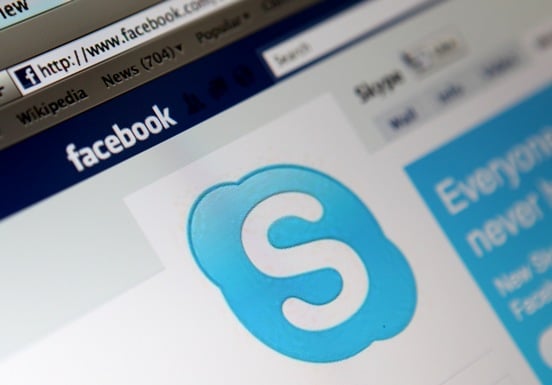The timing of Facebook's IPO could hardly be better, but one asset manager thinks the first few years of appreciation are already priced in, a lesson learned from Google's IPO.
The initial public offering market has been on a tear lately, but the level of hype around Facebook Inc.’s upcoming IPO should serve as a sign of caution to investors, according to Josef Schuster, chief executive of IPOX Capital Management LLC.
Even before Facebook filed last week to raise $5 billion in the largest Internet IPO on record, the hype had been building around Internet and social-media investing.
Based on private-market trades, Mr. Schuster expects Facebook shares to start trading in the $40 range when the company eventually goes public. That would value the company at close to $100 billion.
He compares the fanfare around Facebook to that of Google Inc.’s 2004 IPO, which raised $1.9 billion when the stock went public at $85 a share. Google stock now trades at more than $600 a share.
“Like most IPOs, Google had significant appreciation over the first few years. With Facebook, it appears that first few years is already being priced in — based on what investors saw happen to Google’s stock,” Mr. Schuster said.
For some investors, the appeal of Facebook stock might boil down to the kind of name recognition that comes with having 845 million worldwide users.
But there also is enthusiasm from private investors such as Philip Pearson, co-manager of Man Group PLC’s GLG LP, a technology fund that indirectly owns a stake in Facebook.
Mr. Pearson wrote in an e-mail that Facebook is “significantly undervalued,” even if the IPO price values the company at $100 billion, which would make it the ninth-largest U.S. technology company by market capitalization.
“For a buyer of advertising, the price paid per impression on Facebook is worth about one-tenth of the price paid for the same visibility in television advertising,” Mr. Pearson wrote.
While Mr. Schuster doesn’t believe Facebook is undervalued, he does believe the company is picking an “optimal time” to go public.
“The markets are hot, there is lots of venture capital money in the space right now and investor risk appetite is higher,” he said.
The IPO market’s strength is illustrated by the performance of First Trust U.S. IPO Fund Ticker:(FPX), an exchange-traded fund managed by Mr. Schuster.
The ETF invests in the top 100 IPOs and corporate spin-offs by market cap, holding them for four years following the IPO.
The strategy gained 9.7% last year and so far this year has gained 4.8%.
The S&P 500, which gained 2.1% last year, is up 7% so far this year.
Much of the ETF’s performance is coming from companies that went public as recently as 2010.
From the start of the year, Tesla Motors Inc. Ticker:(TSLA) is up 10.6%, Ubiquiti Networks Inc. Ticker:(UBNT) is up 27.5%, General Motors Co. Ticker:(GM) is up 29.4%, HCA Holdings Inc. Ticker:(HCA) is up 30.8% and Delphi Automotive PLC Ticker:(DLPH) is up 39.6%.
Unlike some of the lower-profile IPOs, Facebook is likely to trade like a “high-beta stock,” according to Mr. Schuster.
“It may not go down much, but the upside performance comes at much higher risk,” he said.
But beyond the strength of the IPO market and even beyond the hype surrounding the Facebook brand, the company’s fundamentals do suggest a solid business foundation, according to Lee Simmons, an industry specialist at Dun & Bradstreet Corp.
“Facebook has had two profitable years and it looks like they will be continuing that trend,” he said. “And the company is really in a league of its own because Facebook doesn’t have a real competitive threat.”
This story was supplemented with reporting from Bloomberg News.







